VAT threshold increase
There will be an increase in the VAT registration threshold for small businesses, from £85,000 to £90,000 from April 2024.
All businesses that provide ‘taxable’ services or goods and have a turnover – the amount of money received from selling goods or services before taking off any costs – that is higher than the UK threshold must register for VAT. You can find out more about VAT in our guide.
"It will be a relief for a small percentage of businesses operating close to the current threshold of £85,000, offering some scope to increase their fees, grow their business further or delay the administrative burden of registering for VAT. The de-registration limit will also be increasing to £88,000, meaning that you will be able to de-register sooner, should your business turnover reduce."
National Insurance cut
The Chancellor has announced a cut to self-employed national insurance, from 8% to 6% and a 2p cut to National Insurance. This could save the average worker £450 a year, rising to £900 when combined with a similar reduction announced last autumn or £350 for someone self-employed.
Support for SMEs
The government is calling 2024 "the year of the SME". To support SMEs accessing the finances they need, the Chancellor is extending the Recovery Loan Scheme and renaming it as the “Growth Guarantee Scheme”. This will run till the end of March 2026 and will offer a 70% government guarantee on loans to SMEs of up to £2 million in Great Britain, and £1 million in Northern Ireland.
"The Chancellor also said he will widen the tax relief on capital costs by including leased assets in the permanent full expensing regime, allowing companies to write off the cost of the investment in assets, in one go."
There will also be updated HMRC guidance on the tax deductibility of training costs for sole traders and the self-employed.
You can read about all the changes announced today in the HM Treasury’s policy paper.
Disclaimer: The content of this blog is based on our understanding of the topic at the time of publication and should not be taken as professional advice. Any of the information may be subject to change. You are responsible for complying with tax law and if in doubt, should seek independent advice.

